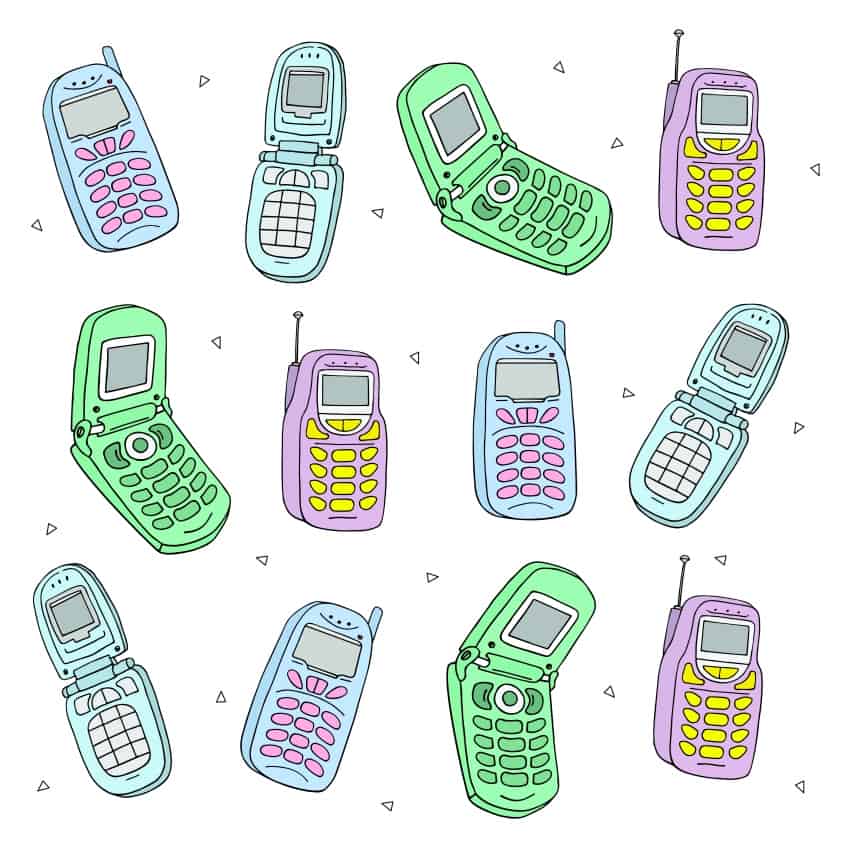I got rid of my smartphone a few months ago. While my contract would have expired this upcoming summer and it was tempting to upgrade to the newest model, I decided to make a downgrade instead.

Despite all of the high-tech alternatives to my dying device, I reverted back to the old tried-and-true flip phone. Price certainly affected my decision, and having more money in pocket is a plus, but I have to admit that the biggest factor driving my decision was a desire to detox from the online world and the seemingly perpetual connectivity that I was suffering from.
My phone was like a drug to me in some ways — an irresistibly limitless supply of interesting facts and entertainment all contained in the palm of my hand. I’d tried those apps that limit screen time, but there’s always some way to disable them if you’re really anxious to use your phone — so I decided to cut the cord completely.
We have magic in the palm of our hands, and it’s amazing when you stop to think about it, but was I actually benefiting from any of it? Probably not. There’s definitely better, more reliable information contained in books and scholarly journals.
That’s not to say my smartphone wasn’t useful at times. Tracking city transit on my smartphone was a godsend to me at first, but I’ve since memorized the scheduled times for all of my buses. Digital app stores also provide a plethora of programs that are supposed to make our lives easier, but our forebears got along just fine with pens, paper and books — and I’m sure that we can, too.
My flip phone only has a handful of features. I can still talk and text as much as I want — although T9 texting is a bit of a hassle once the nostalgia wears off — and it’s got a calculator. But, the camera on the flip phone is next to useless, and I’m too lazy to figure out how to put music on it. So, I either need to invest in an iPod — if they even make those anymore — or just deal with not having portable music.
At first, I was worried about how I was going to do to deal with the inevitable boredom that would seep into the empty gaps in my life, but I soon realized how much more time I had to do other enjoyable things.
The possibilities are endless. Maybe I can learn that song I always wanted to play on my guitar or start writing a short story. Doing more homework is nice — and do I ever need to do that. I could even write an article for the Sheaf about how not having a smartphone has given me so much more free time to do things.
But, it goes deeper than that. In a lot of ways, my smartphone prevented me from dealing with my anxiety and depression. Instead of taking the time to be honest with myself and face my own demons, I was just searching for distractions in a very unhealthy way. In those moments, when I was home alone with nothing to do but think and nothing else to focus my mind on, I was finally able to deal with some of the issues I had been putting off for years.
It’s not a perfect solution, and I don’t think that ridding the world of smartphones will cure the world of depression — nor do I think that everyone who uses a smartphone is harboring some issue that they haven’t dealt with — but I just know it was the best choice for me.
—
Brenden Palmer
Graphic: Jaymie Stachyruk
Leave a Reply